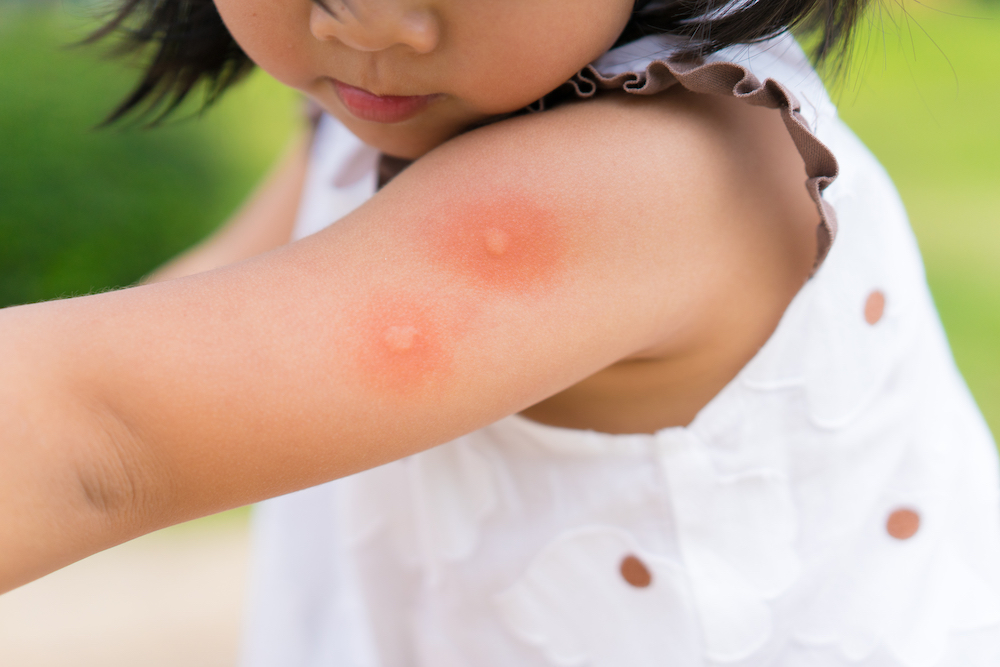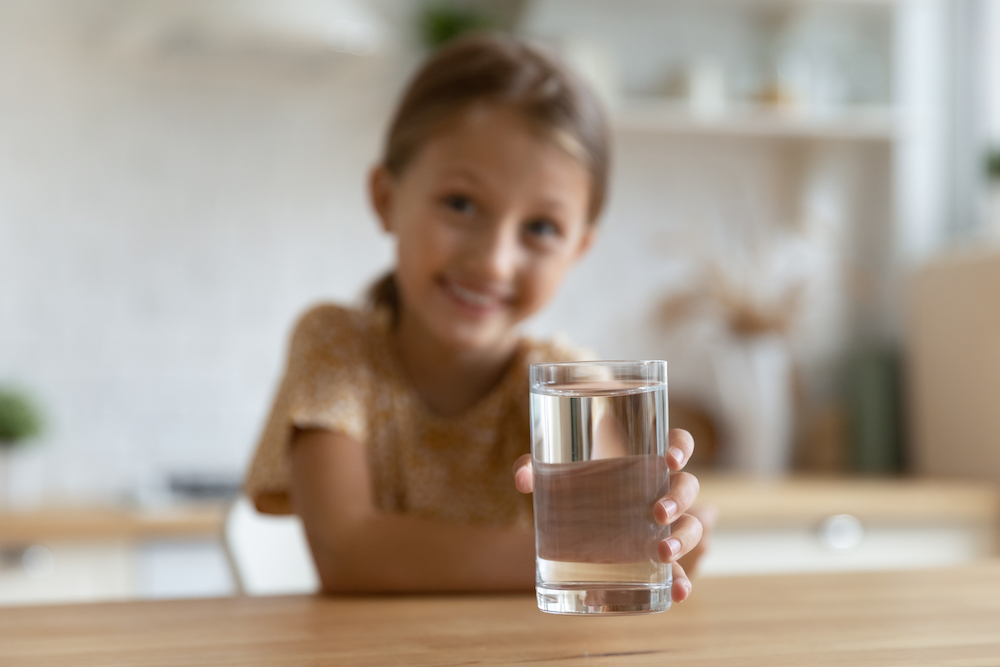It’s back-to-school season and we got some tips and things to add to your checklist to ensure a healthy, safe, and productive year for your kids!
Firstly, we suggest preparing for the first day in advance, whether your child is starting school for the first time or entering a new grade. Many kids feel anxious about changes, like being in a new classroom and having a different teacher. Talk to them beforehand and share some of the positive aspects of school, such as making friends or learning their favorite subject. It’s also helpful to rehearse the first day or take your child to visit the school before they start so that they have an idea of what to expect and become more familiar with the environment.
If your child is going to a new school, see if there’s an orientation available that both you and them can attend. They can tour the school and meet their teachers prior to their first day. There are also many books available about starting school to read with them. Many of these share what to expect and feature characters who overcome their fears. It’s always best to prepare as much as possible for the first day, including reviewing your child’s schedule with them, knowing where their classroom is and what supplies they’ll need, and reading through the school’s guidelines.
Before your child begins their first day, help them get back into their sleep routine for school. If your child developed a different sleep pattern during the summer holidays, they might have become used to going to bed later and waking up later. We recommend making the sleep transition prior to the start of the year so that they have the right routine once they’re back in school. Getting adequate sleep is not only important for your child’s physical and mental health, but important for their academic performance. Sleep deprivation can make it difficult for children to focus in school and can negatively affect their memory skills.
As a reminder, grade-school children need 9-12 hours of sleep per night and teenagers need 8-10 hours. It’s best to maintain a regular sleep routine where children go to bed and wake up at the same times each day. Consistency will help your child sleep well through the night. We also recommend turning off screen devices at least one hour before your child goes to bed. The light from screen devices can cause sleep disruption or make it difficult for your child to fall asleep.
In addition to making sure that your child is well rested, it’s also essential to start your child’s day with a healthy and nutritious breakfast. A well-balanced meal in the morning will give them the energy they need for school.
If your kids will be taking the bus, review safety precautions with them like looking both ways on the street for any vehicles before crossing. They should also wait to board the bus until it completely stops and puts out the stop sign.
A new school year might mean a new backpack for your child. You’ll always want to avoid a poorly fitted one as it can be unsafe for your child’s back and posture. Instead, find a backpack that has wide and padded shoulder straps and make sure to adjust them so that the bottom sits at your child’s waist. Kids should always wear both straps together to prevent muscle strain and backpacks should never weigh more than 10-20% of your child’s weight.
Lastly, an important thing to remember for back-to-school season is keeping up with your child’s well checkups. We’ll make sure that their immunizations are up-to-date and can provide all of the necessary medical forms they’ll need for school and sports. Contact our office if you have any questions or to make an appointment.



